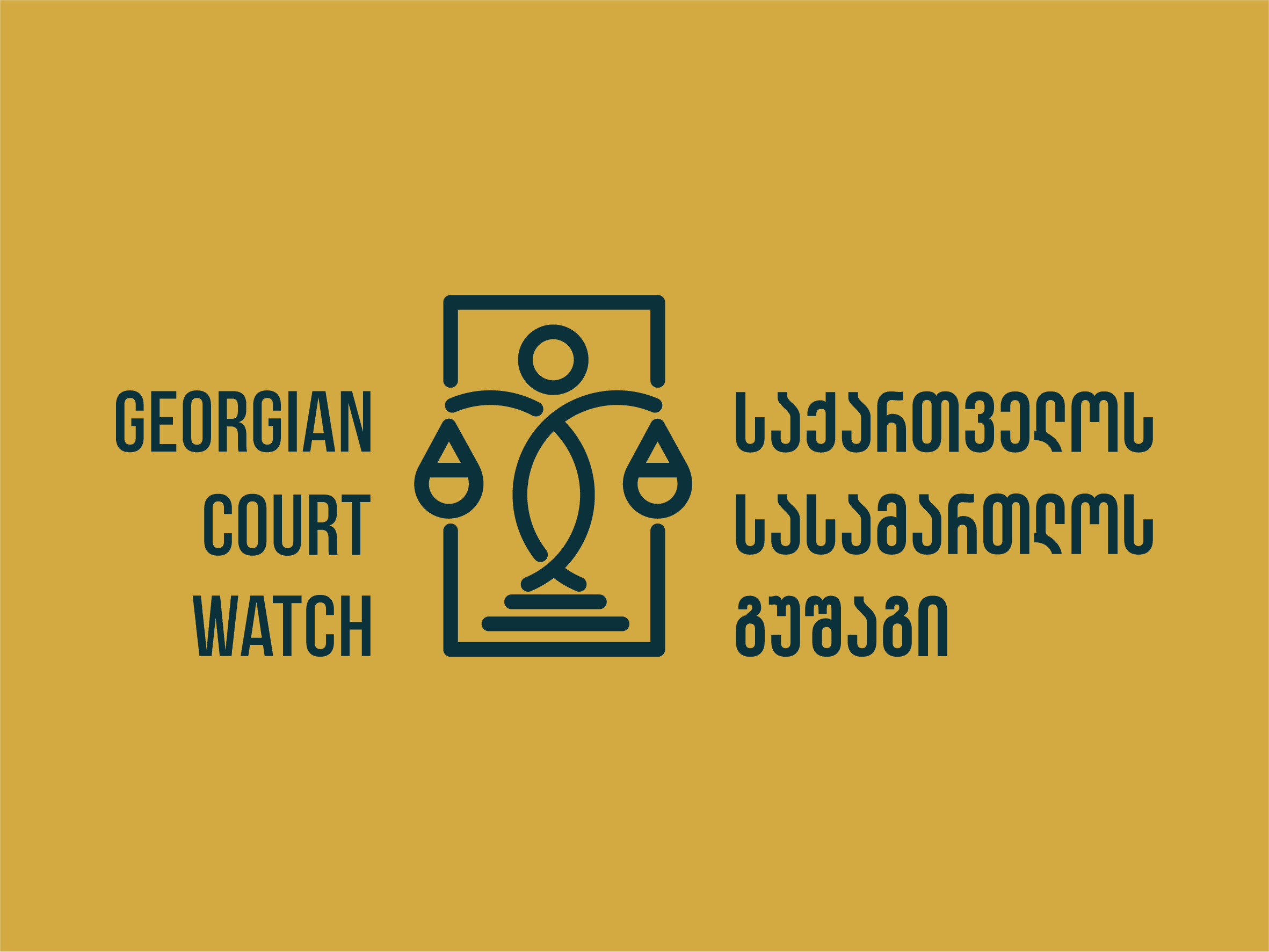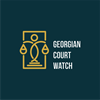Civil society calls for accountability and transparency of the Supreme Council of Justice

Civil society responds to the ineffective activity of the Supreme Council of Justice and the practice of untimely performance of the duties assigned to it by the law. In particular, cases of postponement of scheduled sessions for unspecified reasons have become more frequent on the part of the Council in the recent period. It is problematic to formulate the agenda of the sessions in a general form and not publish them within the time limit set by the law. Such practice significantly complicates the work of monitoring organizations and harms the level of accountability and transparency of the Council's activities.
During the year 2022, as of today, the Supreme Council of Justice held a total of 12 sessions. In addition, from June 2 to June 27, only 2 of the scheduled sessions were held, and 9 were postponed, which makes the practice of holding sessions a sort of exception. Information about the postponement of meetings is not published on the website of the Council, the non-held meeting is automatically erased from the website. Observing organizations try to obtain information about the postponement of the Council session by communicating with the Council's office, but it seems that they too often do not have information until the last minute. The monitors of the monitoring organizations have to wait for a long time in the hopes of the meeting being held.
In terms of the transparency of the activity of the Supreme Council of Justice, an additional problem is created by the imperfect and general character of the agenda of the session published publicly. It is impossible for the representative of the monitoring organization or any interested individual to determine in advance the issues supposed to be discussed at the meeting and their content. All this raises the doubt that such opaque and unpredictable practices of the Council's activities aim to keep issues of interest to the public out of the spotlight.
In addition, it is noteworthy that the 5-year term of office of Judge Mikheil Chinchaladze as the chairman of the Tbilisi Court of Appeal expired on May 29. One of the items on the agenda of June 22 was the "appointment/assignment of powers of the chairman of some district (city)/appeal courts", however, the session was postponed for an unknown reason. This leaves the impression that the regular postponement of the sessions in June was intended to select a favorable time for the re-appointment of Mikheil Chinchaladze as the chairman.
It should be noted that the issue of the chairman of the Court of Appeal is defined as the 3rd issue on the agenda of today's session of the Supreme Council of Justice. However, it is unclear exactly what is meant by the wording of the agenda and whether the meeting will be postponed again.
Finally, it is important to note that for years, the Supreme Council of Justice has regularly violated the requirements of the legislation to publish the meeting date and agenda 3 working days in advance. In addition, it is a significant challenge from the point of view of the proper functioning of the Council that the Parliament of Georgia has not had 5 non-judge members elected for more than a year. Accordingly, the most important constitutional body of the judicial power operates with an incomplete - 10 members. Nowadays, the board takes decisions with the complete predominance of judicial members, without the involvement of non-judge members, which further strengthens corporatism in the board.
“For years, civil organizations have been demanding the live transmission of Council meetings. In this way, it would be possible to monitor the discussed issues in real time without going to the physical location. However, unfortunately, the Council disregards this recommendation.”
Based on all of the above, we call on the Supreme Council of Justice of Georgia to conscientiously carry out the assigned functions and thoroughly fulfill the requirements established by the legislation. In particular:
- At least 3 working days before the session, the Supreme Council of Justice should publish information on the date and agenda of the session on its website;
- The malicious practice of regularly postponing sessions should be eliminated and information about the reasons for postponing sessions should be published in advance, within a reasonable timeframe;
- Information about the issues to be discussed in the agenda of the sessions should be fully reflected.
- To provide live broadcasting of the sessions.
Signatory organizations:
- Georgian Court Watch
- Georgian Democratic Initiative (GDI)
- Georgian Young Lawyers Association
- Center for Social Justice
- A group of independent lawyers
- Index of Democracy































